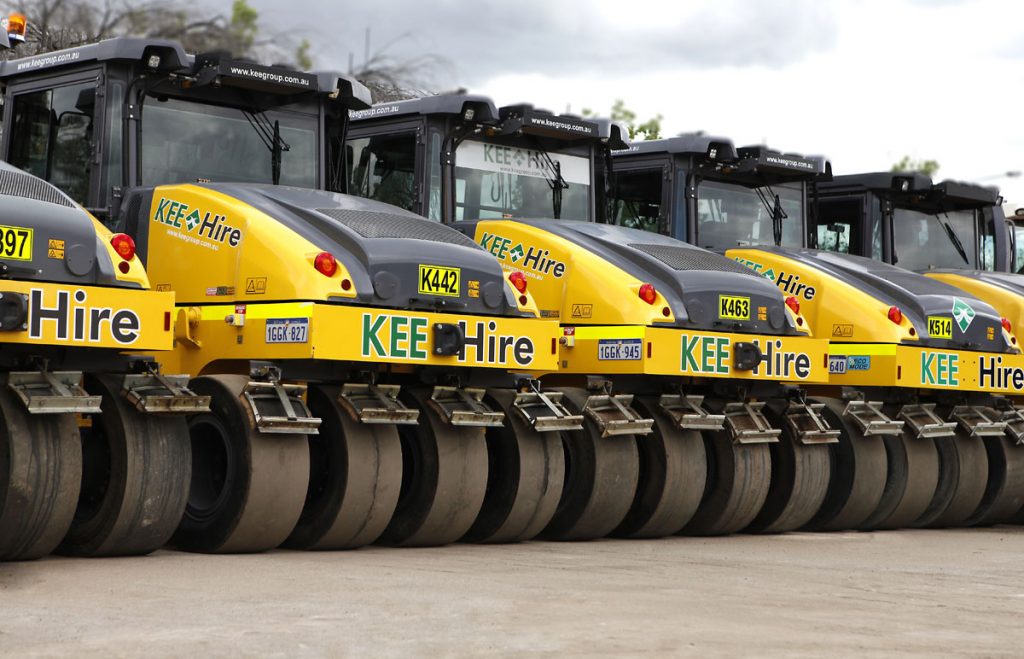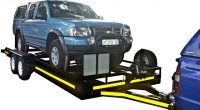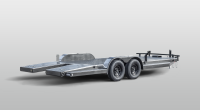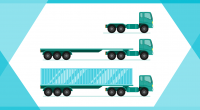How to make the Best Use of Rented Equipment
Best Use of Rented Equipment
There are plenty of different reasons your experience with rental equipment might not have gone smoothly. While you can’t change the past, there are specific steps you can take to make sure your future experiences are more successful.

Rollers Hire
To help you as you work toward this goal, we’ve put together an instructional guide to help you get the most from your rental equipment. We hope that by following these 5 tips, you’ll never have another disappointing rental experience again.
1. Only Rent From Companies You Trust
Reliability can be a little bit of a toss-up when it comes to rental equipment. You always want to hope the company is trustworthy and reputable, and that they would never try to rent out faulty equipment. But the unfortunate fact is that not every company is as honest as they appear.
equipment reliability
It’s entirely possible that the equipment you rent could be malfunctioning. At best, it could fail to work, and you could fall behind in your schedule. At worst, it could cause severe damage to your operations or workers, depending on how heavy duty the equipment is and what you’re using it for.
To avoid this possible scenario, be careful to only rent from companies and brands you trust. If you’ve never heard of the company before, that doesn’t inherently mean you shouldn’t rent from them. However, it does mean you should do your homework. Browse their website for testimonials. Ask your friends, family and coworkers if they’ve heard good reports about this company.
2. Keep an Eye Out for Hidden Fees
rental equipment prices aware that the price listed up front for rental equipment might not be the same price you’ll end up paying in the long run. In many cases, there might be several hidden fees that will pop up throughout the rental period. While these may be insignificant, they also have the potential to drive up your rental price quite a bit.
It’s entirely possible that one rental company might look like a better deal than another company at first. Once you compare these hidden fees, however, it may turn out that the second company was the better deal after all. Because of situations like this, it’s best to carefully review these fees ahead of time, in addition to the price listed up front.
If you’re browsing a rental company’s website and can’t find any information about these fees, don’t assume they aren’t there. Send the company an email or give them a call. Ask about these fees. If they don’t seem incredibly forthcoming, it’s worth pushing a little harder or moving on to look at a different company. The last thing you want is to be blindsided at the last minute by these hidden expenses.
3. Focus on the Timing
There’s a bit of an art to timing your rentals. On the one hand, you don’t want to wait until the last minute. It’s never a good idea to call up the rental company the day before you need the equipment and ask about renting. The odds are good there will be no machines available for you on that day.
However, you also don’t want to stray too far in the opposite direction. You might schedule a rental three months in advance, only to find that when the day arrives, you aren’t ready for it, or something else has gone wrong.
It’s impossible to say when exactly is the right time to schedule your rental, as it may be slightly different for everyone. The general rule of thumb is to be wary of booking too far in advance but never to leave it until the last minute, either.
4. Keep an Eye on the Weather
Imagine you’re planning on having a long day of work. The rental equipment has arrived, and you’re going to get a lot of solid work done before the end of the day. Unfortunately, you wake up that morning to find that it’s pouring down rain and expected to continue all day. It’s impossible to get any work done.
Unfortunately, you still rented the equipment. Regardless of whether you’re using it, you still have to pay for it for these days.
One of the best steps you can take toward maximizing your rental equipment is keeping a close eye on the weather forecast. If you begin to see warnings of approaching storms, cancel your rentals and reschedule them. Better to adjust your schedule slightly than be stuck paying for rentals you can’t even use.
5. Get the Training You Need
When it comes to planning for rental equipment, one of the best things you can do is make sure all relevant employees have the training they need to operate the equipment properly.
What do we mean by this? Many pieces of equipment are fairly complex. They aren’t always simple enough that you can simply power them on and guess how they work. In many cases, workers need to undergo extensive training and practice before they can competently and correctly operate the equipment.
equipment training
Imagine a case where you have rented the equipment for 10 days. Realistically, a good portion of that time will be spent learning to operate the equipment. To cut down on this, look for ways around this training period. Ask your employees to read training manuals or watch instructional videos ahead of time. Another solution is to hire a trained individual who already knows how to operate the equipment.
All of these are positive solutions that will help you get the most out of your rental equipment.


